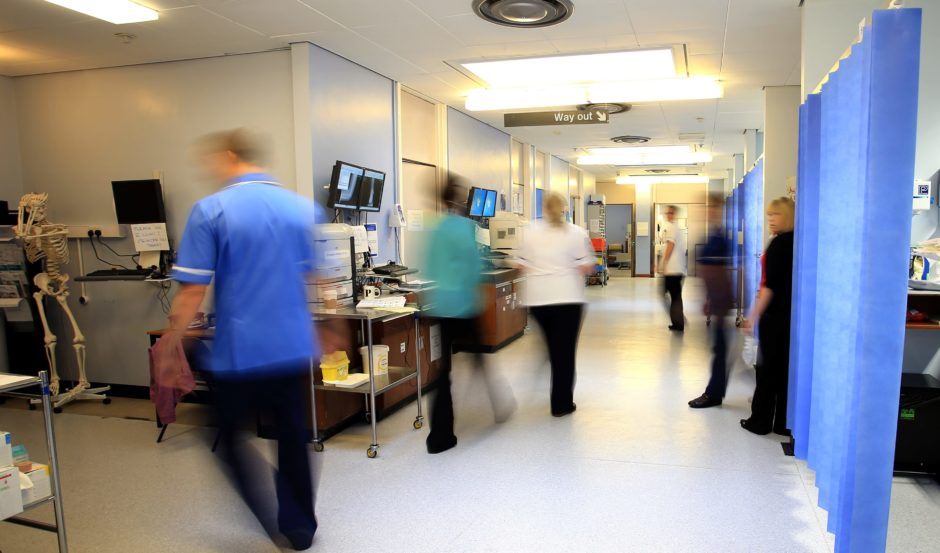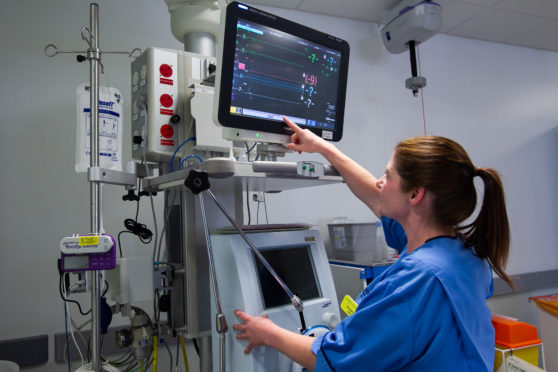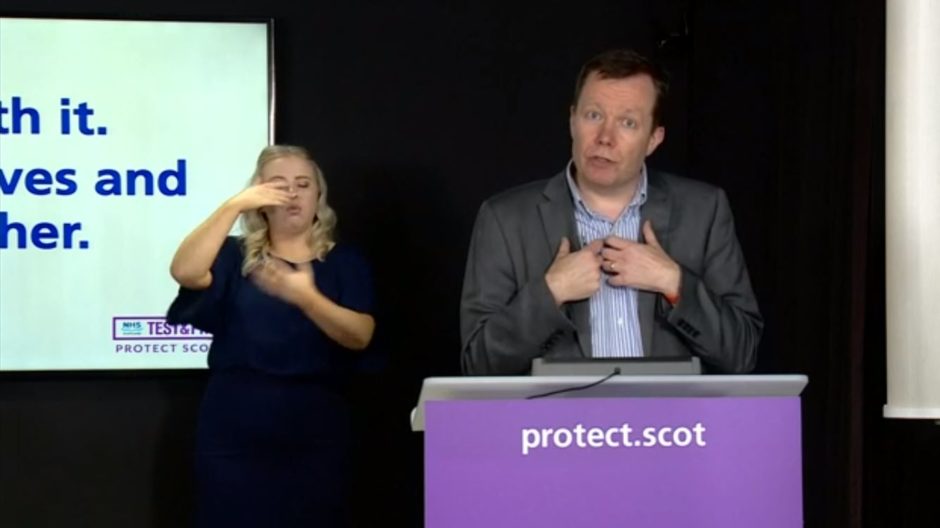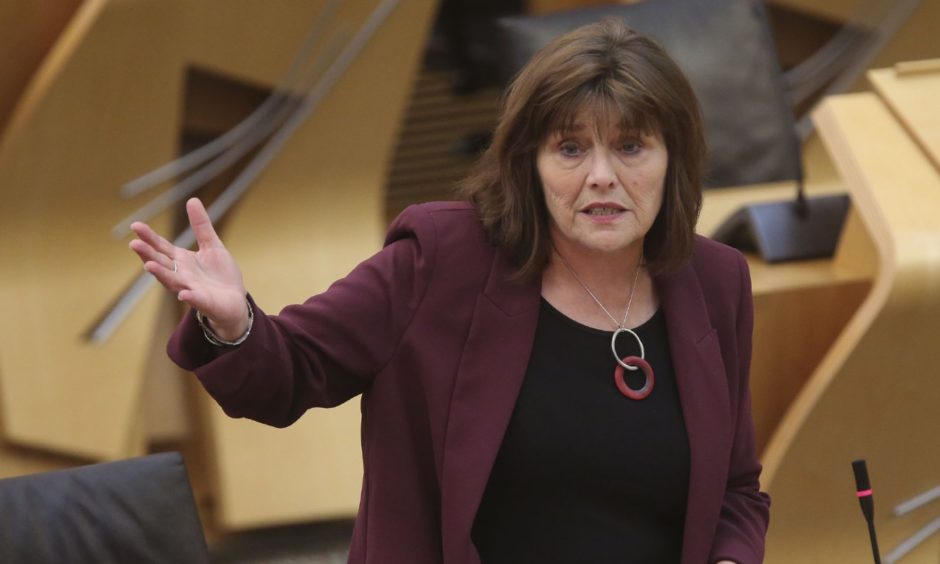Specialist clinics may be needed to support patients suffering with long-term health damage months after first being infected by coronavirus, Scotland’s national clinical director has said.
Professor Jason Leitch said he “would not be at all surprised” if some people require ongoing hospital treatment to recover from so-called long Covid.
The condition has been likened to post-viral fatigue or chronic fatigue syndrome but the specific symptoms can vary between patients. It has no medical code, as there is for other illnesses, so the exact number of patients is unknown.
Early estimates suggest 6,000 Scots could be experiencing ongoing effects after the first wave of the pandemic and the Scottish Government has invested £5 million into more than 50 “rapid research projects” on the long-term effects of the virus.
Ministers pledged in July to “provide the care and support needed” for long Covid patients after being told of the case of Callum O’Dwyer, an Aberdeen man who has still not fully recovered after falling ill on March 23 – the day the UK went into lockdown.
But a BBC investigation revealed no health board in Scotland is currently offering a dedicated long Covid clinic, and just two – NHS Greater Glasgow and Clyde and NHS Lanarkshire – are working on long-term strategies.
NHS Tayside launched a rehab phone service in July for adults with ongoing symptoms and NHS Fife said it is “working through” a report to the Scottish Government in October that looked at the mental health needs of patients.
Professor Leitch said a lack of knowledge on the long-term effects of Covid-19 was one of the biggest stumbling blocks for health professionals in establishing a treatment strategy for people still struggling with symptoms.
“This is a brand new disease, nobody had it 11 months ago,” he said.
“So we need three things: we need research to understand it; we need guidance for the clinical teams who will treat it; and then, at the high end, we will probably need specialist clinics for some people.
“But who would you like to staff that? Nobody knows, because we don’t know what the disease is yet.
“We know it is a complex syndrome of a lot of symptoms and therefore, just now, it’s being treated by generalists, general physicians in hospital and GPs in the community, along with their clinical teams.”

Doctors and other health professionals are working to draw up new treatment guidelines for long Covid by the end of this year but Professor Leitch believes these could change as more is learned about the condition.
“That will need updated all the time, as we learn more and more,” he said. “And I would not be at all surprised if, at the high end of that, there are some very sick people who may need hospital specialist clinics.
“But just now we don’t know what kind of service they require, so our rehabilitation people, our primary care people and our secondary care people are working together to get to that end point.”
‘One of the most important implications of this virus’
Nicola Sturgeon was challenged on the issue during her daily briefing on Wednesday, and on why her government had not matched £10 million of funding announced by NHS England to set up specialist clinics.
The first minister rejected that this meant Scotland had fallen behind and suggested “that might mean we’re doing it in a better and more methodical way”.
The SNP leader also denied there had been a delay in fulfilling the pledge to support long Covid patients made by her health secretary, Jeane Freeman, during the daily briefing in July where Mr O’Dwyer’s case was raised.
She said: “I think long Covid is one of the most important implications of this virus that we have to deal with now, and will potentially be dealing with for some time to come.
“We don’t yet know what causes it, we don’t yet know what all of the symptoms are, so in terms of setting up a specialist facility, I’m not sure it can be answered definitively exactly what kind of specialisms are needed because we don’t understand it yet.
“This is a virus, remember, that has existed for less than a year, so talking about delays when the scientific community is still trying to understand these things, I don’t think, is entirely fair. That is why we’re doing the work we’re doing.”
Ms Sturgeon, who said the reports she had read had given the impression long Covid was a “horrendously debilitating” condition, insisted the health service would go on treating people and giving advice to the best of its ability while research continues.




